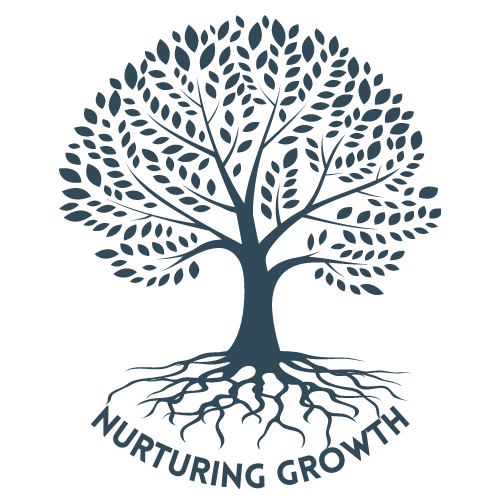Complicated Grief
I sit alone in my kitchen watching the snow fall softly outside. The only sounds are the humming of the refrigerator and the clicking of the keys as I type. This quietness makes me uncomfortable, yet, I resist the urge to put on music, a podcast, an audiobook; anything to drown out the noise inside my head.
I am one week away from the first anniversary of my Father’s death, except, I didn’t know he was dead. I didn’t learn of his passing until after he had been cremated, one week later.
My Dad lived abroad and for reasons I will never fully understand, his partner chose not to inform me or my sister that our Father had died.
I have spent the last year grieving a loss with no closure. I don’t have belongings or mementos, keepsakes or cards; nothing to memorialize the man who raised me. My Father’s death was complicated, and so is my grief.
Three months after he died, I attended a grief group.
I wanted someone to tell me how to heal the gaping void in my heart. I was desperate for those who had grieved before me to offer up the rule book for healing and to tell me what I needed to do in order to begin feeling better. Unfortunately, their advice offered no comfort and I was livid.
The facilitator suggested sleeping with your loved one’s clothing or spraying their favourite scent on a pillow case. She said this was a great way to keep them close as you moved through loss.
I wanted to raise my hand and demand that she tell me what a person who had no clothes and no scents and no nothing was supposed to do to find comfort. I wanted to scream about how impractical this bullshit group was for anyone who didn’t know their parent had died. I wanted to flip my stupid chair and throw my stupid papers and inform everyone just how stupid this whole damn group was.
But I didn’t.
Instead, I waited for a break, thanked the facilitator, and silently left the room before the meeting was over. The group wasn’t stupid. I was hurt, and anger was so much easier for me to access than the overwhelming sadness I was trying to avoid.
I’m still avoiding it.
I saw my therapist a few days ago and she said I’ve never looked so defeated, so lacking in the vital life force I carried with me when we first met. She was right.
I told her how my relationship was suffering, that my partner couldn’t understand my grief and wasn’t equipped with the tools to best support me. I told her that my new job was causing such stress and overwhelm that I was considering medication. I told her that I didn’t recognize myself anymore; that the once joyful, inspired soul inside me was slowly dying and that my world was feeling so, so dark. I told her that I oscillated between apathy and depression. Tears poured down my cheeks as I told her that I couldn’t go on like this.
Then she reminded me what next week was.
She told me that my body remembered, even if I was trying not to. She noted that I continued to have a visceral response to the pain, even if I chose to avoid it. She pointed out my tears and told me that it was the first time I had been so vulnerable with my hurt.
I have cried every day this week and I’m sure I’ll cry every day for the next. I am not over this grief and I’m not sure I ever will be. To be honest, I don’t think you’re meant to.
What this past year has taught me is that grief is not something to “get over.” It is not something you overcome, forget or heal from. For me, grief is more like a tattoo. When you first get it, it’s painful and the healing takes time. Then when it’s healed, it stays with you forever. Somedays you may notice it more than others but it’s always there. It’s a part of your story now and no amount of time will make it go away.
My tattoo is still healing. My grief is still raw. Some days it hurts less, while others the pain is so debilitating that I’m unsure I will ever recover.
Although my grief is complicated, the loss of my father is one that many people can relate to, and in a way, that’s incredibly comforting. Some of the kindest, most beautiful words of support I have received have been from people who know what it’s like to lose a parent. It’s a deep understanding, a shared pain that can’t be articulated. And though I wouldn’t have chosen that as a means of connection, I’m grateful for it.
I continue to sit in silence, fighting the urge to distract my thoughts and avoid my pain and instead, allow myself to just be. And in this moment, that’s more than enough.

